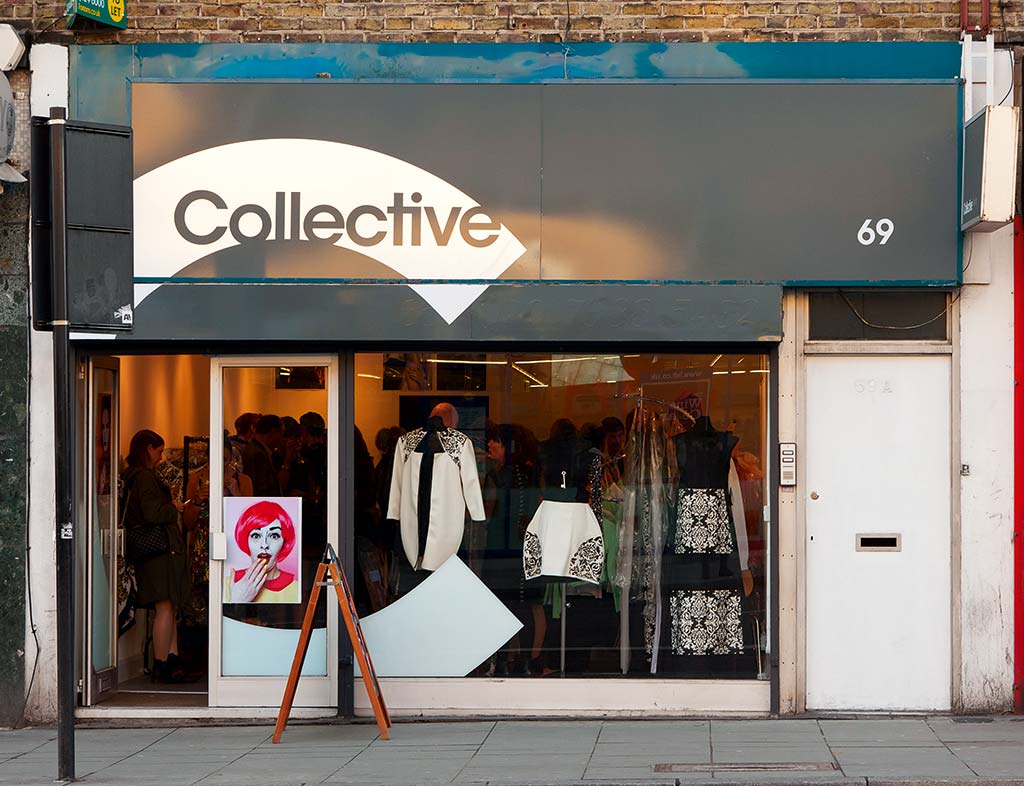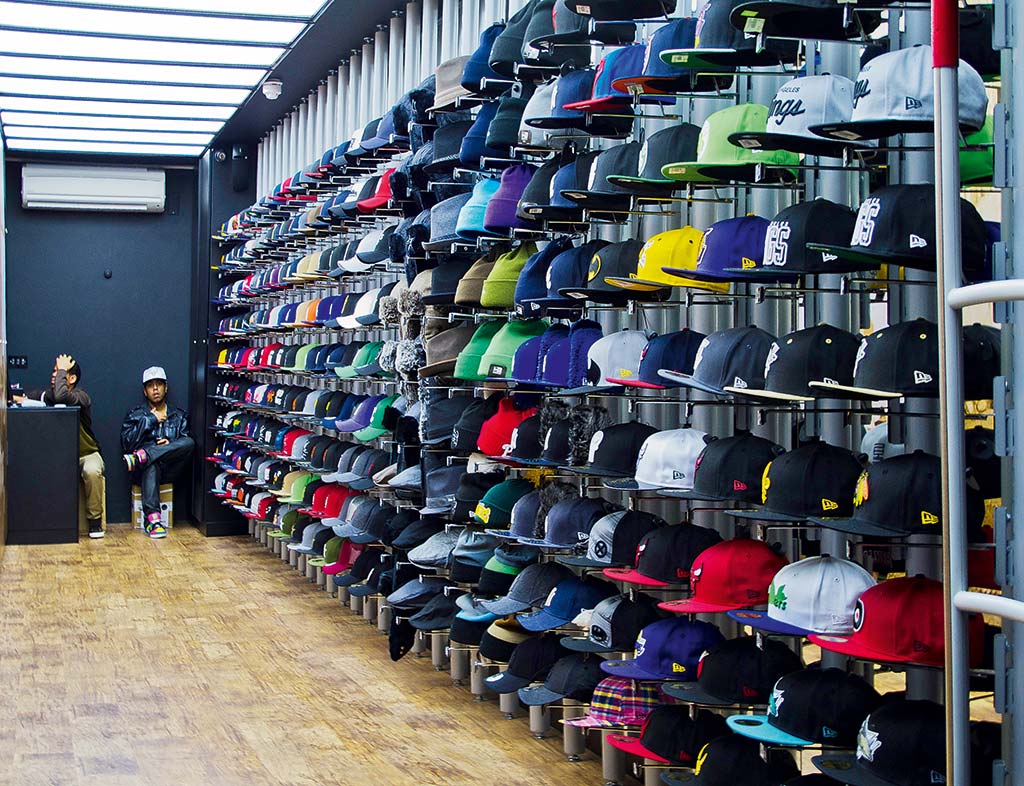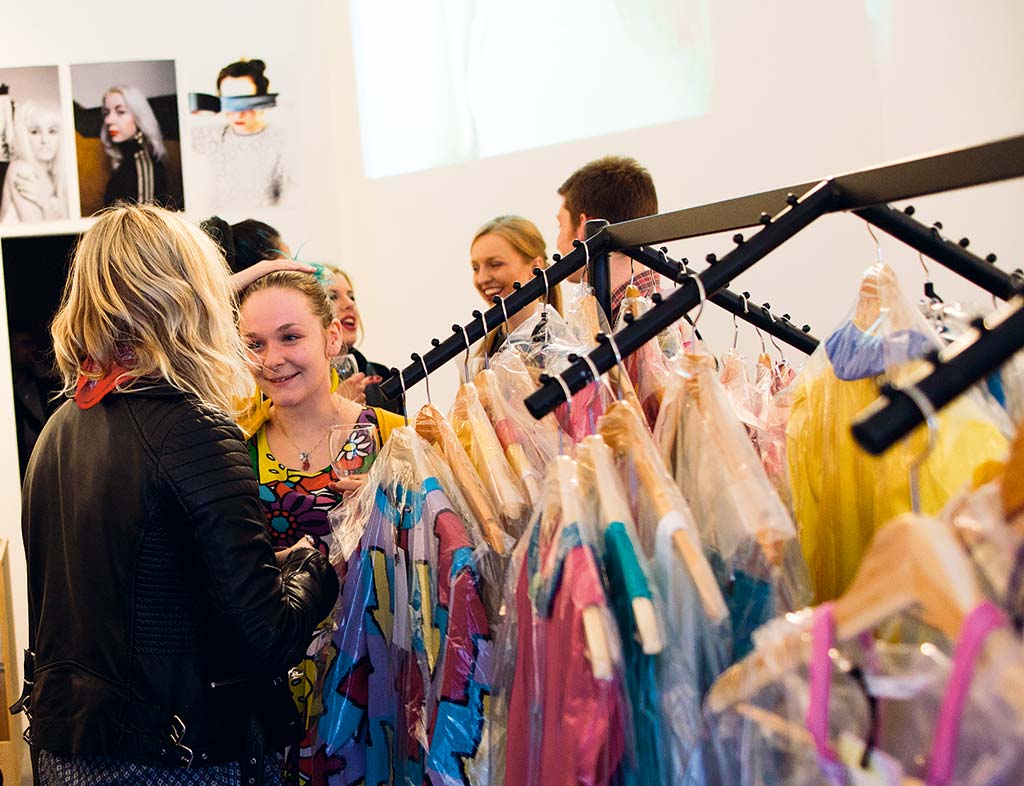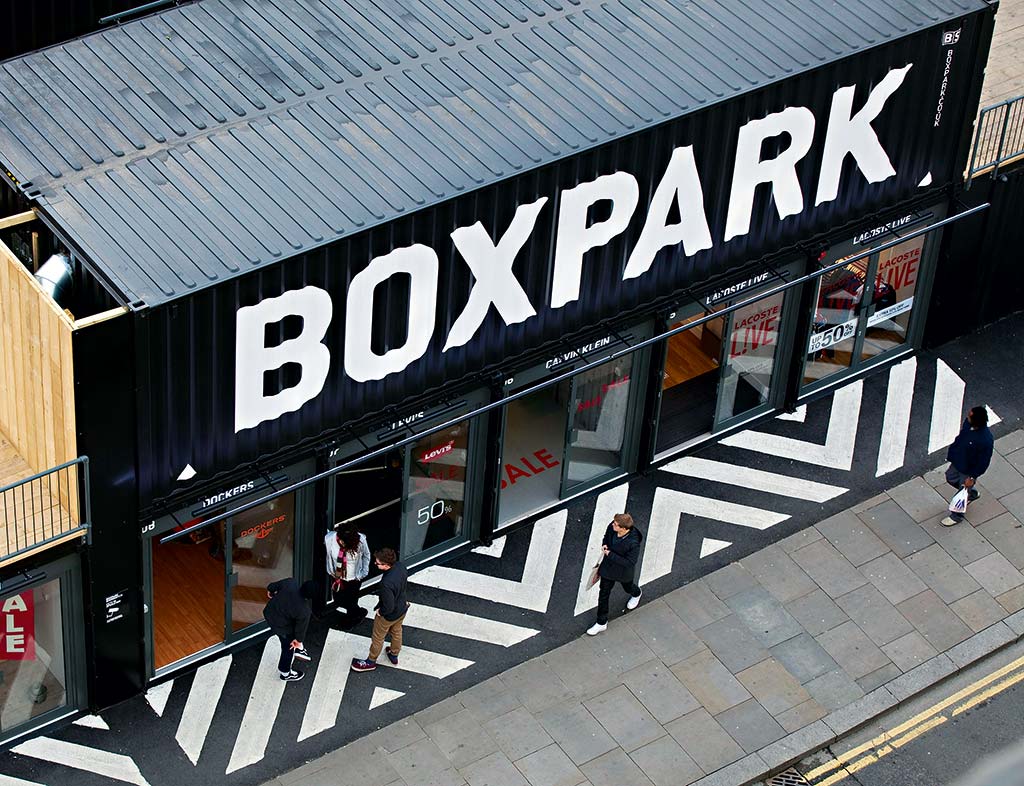As abysmal consumer spending continues to wear at the resolve and resources of UK high streets, many are asking that familiar question: has retail had its day? On the high streets of London a reported 3,400 empty shops and a capital-wide vacancy rate of seven percent are a palpable indication of UK retail’s cruel collapse.
London Assembly Committee Chairman Andrew Dismore said of the decline: “Our traditionally diverse and interesting high streets are blighted by the number of empty shops which are a deterrent to customers, discourage further investment, and create an
air of decline.”
However, amid the tatter of failed haberdasheries and the abandon of old cobblers, one breed of shop looks to offset the downward trend. Pop-up shops, or ‘flash retailing’ units, are increasingly common in a climate where opportunities are few, but determination rife. They are “giving shop owners a helping hand and making the high street an attractive place to go”.
But while some believe pop-ups are a viable way to encourage entrepreneurship and rejuvenate high streets, others have labelled them a marketing gimmick, used by pre-existing brands to boost sales and actually choking independent opportunity. Pop-ups were originally ubiquitous with seasonal celebrations, many coinciding with Christmas and Halloween, but the recent fruition of non-seasonal ventures has seen numerous instances of viable business; many go on to open successful permanent branches.
Real retail fail
As sterling gained only 0.1 percent on the US dollar through March 2013, retail could be the decisive pivot on which economic gains depend. Despite the impact that poor weather conditions and seasonal fluctuations in shopping have on sales figures, few contest that retail is hampered by alternative and often cheaper shopping platforms.
Whereas online retailers are expecting a surge in coming years – Forresters predict European sales to hit €191bn in 2017, up from the current €112bn – the high street has experienced a sober devolution in the digital age. John Longworth, Director General of the British Chamber of Commerce said: “Although it is possible that the UK economy may narrowly avoid entering a new recession, the weak economic climate means that the outlook for retailers is likely to remain challenging for some time. “Against this backdrop, we urge the government to do all it can to help support enterprise and wealth creation and open up new opportunities for UK firms to exploit both at home and abroad.”
Official support
In a recent report published by the London Assembly, the organisation requested that it be made easier to open temporary shops in vacant premises. The Assembly’s plans detail a strategy for a more industrious and attractive UK high street by supporting pop-up shops. The report, entitled Open for Business, suggests temporarily occupying vacant shops will help boost footfall on the capital’s high streets. And with even the most ambitious entrepreneurs struggling to afford permanent premises, the scheme could give galleries, restaurants and cafés a chance to develop.
Amid the tatter of failed haberdasheries and the abandon of old cobblers, one breed of shop looks to offset the downward trend
Ministers were encouraged to cut entitlement to empty property rates from three months to two and create » a new register of vacant shops to better trace landlords. The idea of an advice service, whose role it would be to renegotiate leases for small firms, was also favoured. “The Mayor, the Government and local boroughs need urgently to follow our recommendations to bring empty shops back into use, stop the rot and so help our high streets thrive again,” said Dismore.
A prior governmental project, undertaken with StartUp Britain in December 2012, opened a pop-up shop within the Department for Communities and Local Government building in Victoria to encourage similar initiatives. Local growth minister, Mark Prisk wrote of the project: “Eighteen small businesses have already traded in our store since it opened in December, and this is just the beginning… We expect many more to set up shop with us. But besides helping these businesses to get their foot on the high street ladder, this is a visible way to show how to make a difference.”
Chief Executive of WeArePopUp, Nick Russell, said that pop-ups were incubators for the next generation of entrepreneurs; these shops could be extremely influential in transforming the fortunes of local communities, spurring consumer confidence and encouraging more landlords to open up otherwise vacant properties. However, despite many backing the scheme, some remain sceptical, questioning the perceived effectiveness of flash retailing.
A harmful gimmick
Richard Dodd of the British Retail Consortium is yet to be convinced of the long-term benefits of flash retailing, claiming pop-up shops are a symptom of retail’s present difficulties. “The first priority has got to be to have retailers permanently occupying premises and doing well there, because that is what delivers the maximum benefit, both to the local economy and the local community. A pop-up is a better alternative to premises standing empty, but it’s not the ideal and it definitely isn’t any significant part of the solution to resolving the problems of our high streets.”
Many suggest pop-ups could even be detrimental to landlords and rival retailers; unlike long-term leases, where an income stream is guaranteed, short-term leases do not provide the certainty landlords require. Critics also claim pop-ups generate resentment among permanent retailers, particularly in shopping centres where they maintain the advantage of low overheads.
But positive or not, the independent focus of flash retailing could be quickly eroded by big brands entering the market. Regarded as an exciting alternative to their typical chain stores, pop-ups could become a mere marketing ploy for long-established businesses. London-based department store Liberty last year announced its intention of breaking into the pop-up market, while Superdry and Nike have already trialled pop-ups in the capital.
In many cases it appears larger pop-up shop owners solely target established retailers, utilising the gimmick of the platform to ensure high returns. Boxpark, a ‘pop-up mall’ in east London fashioned from recycled cargo containers, presently comprises of firmly established lifestyle and food brands, leaving zero opportunity for burgeoning
independent retailers.
Regardless of the many criticisms levelled at pop-up shops, there are many, such as PopUp Britain, who maintain the concept is both resilient and entrepreneurial in spirit. Founder, Emma Jones said: “Genuine pop-ups are bringing much-needed variety and flexibility to our high streets. They are not just a passing fad.”
Driving innovation
PopUp Britain is a national entrepreneurial campaign founded in July 2012 by Emma Jones, whose goal is to aid online-only British brands by offering temporary retail spaces. With locations in Richmond, Victoria and Somerset House, PopUp Britain seeks to lend a hand to those considering high street trading for as little as £150 a fortnight. “These entrepreneurs often start out small and online so pop-ups offer an opportunity to trade on high streets, generate sales and raise brand awareness. It takes away much of the risk and financial burden of opening a shop.”
Refuting the idea of pop-ups as nothing more than ‘gimmicks’, Jones said: “There is a huge appetite from small online retailers that want to meet their customers face-to-face and have this high street experience. There is nothing gimmicky about that. The number of businesses that are starting is on the increase and these businesses want an outlet on the high street.”
Though Jones acknowledges pop-ups are just one aspect of a wider solution, she sees them as a significant departure from a high street that has grown markedly stale. Now, despite recent years being hard on retailers, there are record numbers looking to set up their own business. By harnessing this drive with pop-ups, Jones believes she can be, “the driving force of the economy”. With countless anecdotes of PopUp Britain’s success, Jones maintains the concept has increased footfall on high streets, while lending an element of competition to an ailing community of understandably disillusioned retailers.
In London? Check out the pop-up projects below

Camden Collective
The Camden Collective initiative, in association with Test Space, runs a pop-up space on Camden High Street for independent retailers and artists. The creative agencies want to ensure the development of local art, while bringing abandoned property back into use. Camden Collective also offers shops free of charge for two-week periods, allowing entrepreneurs to experiment with retail ideas. Eventually 18 vacant units will be refurbished and handed to start-ups and artists for ‘test trading’ and exhibitions. It is hoped the units will then be sustained as permanent high street openings.
camdencollective.co.uk

Boxpark
A self-proclaimed ‘Pop-up Mall’, Boxpark is a Shoreditch-based shopping and eating venue constructed from a collection of hulking ex-shipping containers and hosting a multiplicity of world-renowned brands such as Nike, Vans and Puma. Though originally intended as a short-term project, the venture’s tenure has since been extended to a minimum of four further years. Founded by Roger Wade, the man behind British streetwear brand boxfresh, Boxpark claims to put, “creativity and fashion back where they belong: on the street”.
boxpark.co.uk

The Clove Club
A bar and restaurant in the East End of London, in alignment with the charity Shoreditch Town Hall Trust, the Clove Club is a cultural space serving often-overlooked British produce. An open kitchen allows diners to watch an intriguing taster menu unfold before them. Though its current incarnation looks to be lasting, Clove Club originated as a series of short-term projects. Daniel Wills, Johnny Smith and chef Isaac McHale previously ran the much-lauded pop-up dining experience Upstairs at Ten Bells. A similar path has been taken by London eateries Flat Iron, Viajante and MEATliquor, who all recently set up shop in permanent locations.
thecloveclub.com





